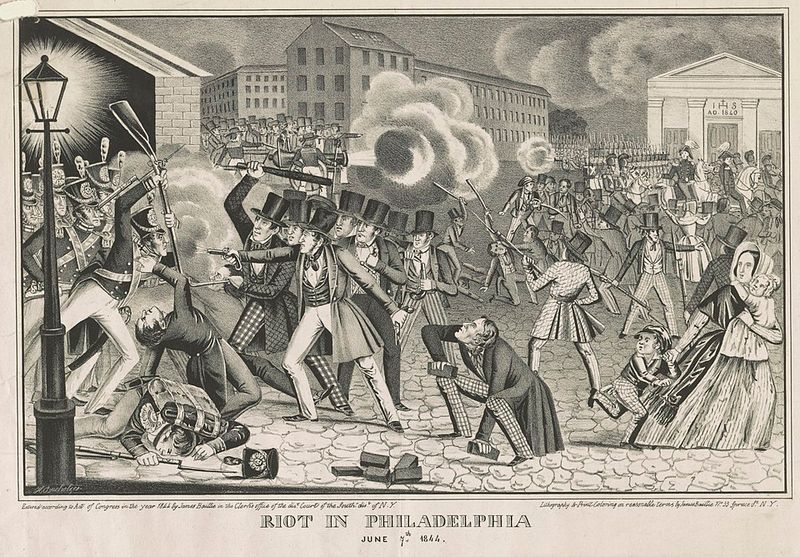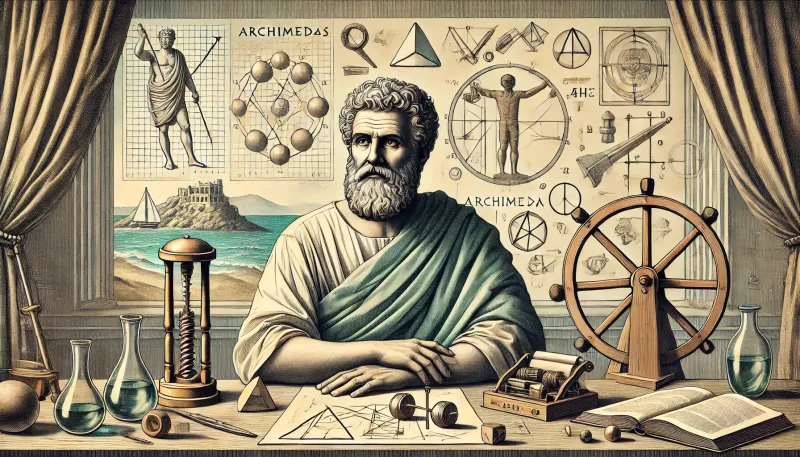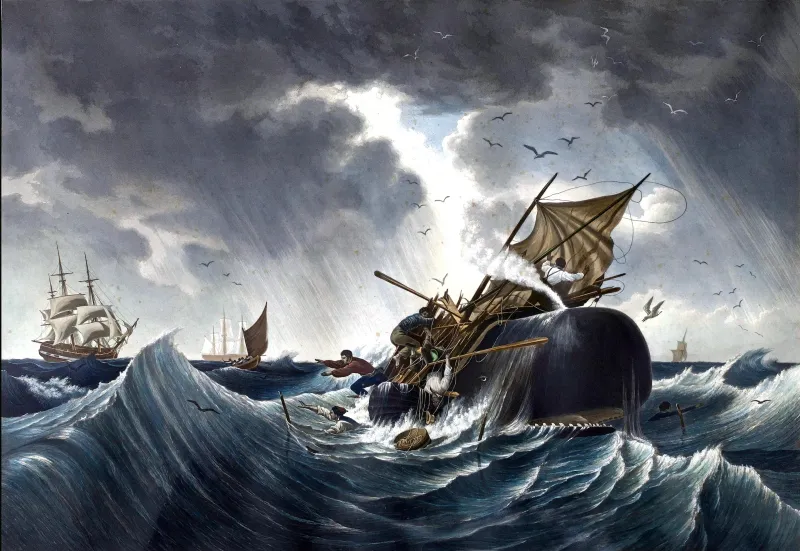They sound cutting-edge—like something a startup CEO or influencer might drop in a TED Talk. But don’t be fooled: some of today’s buzziest words have been around longer than electricity. From corporate boardrooms to social media hashtags, these so-called “modern” terms have surprisingly old-school roots. Here are 10 trendy buzzwords that are anything but new.
1. Hack
In the bustling streets of the 1200s, “hack” was less about shortcuts and more about making something commonplace. The term “hackney” referred to the act of making things ordinary or reducing their value. Back then, it painted a picture of ideas being overused. Fast forward to today, and it’s donned a new hat—an ingenious shortcut or trick. The clever twist remains, but the essence of cutting corners harks back to its origins. Did you know? The term ‘hackneyed’ still holds the meaning of being cliched or overdone.
2. Influencer
Before Instagram celebrities and brand endorsements, the 1600s had its version of influencers—celestial forces believed to shape human fate. Astrologers mapped stars, claiming their sway over destinies. This cosmic interpretation later morphed into describing individuals who could guide opinions, albeit sans social media filters. The stars may have dimmed in cultural focus, but the power to influence remains potent. Fun fact: In some cultures, astrology is still seen as a guiding force in decision-making, just as it was centuries ago.
3. Disruptor
In the political and military arenas of the 1800s, a “disruptor” was anything that shattered order and peace. It wasn’t the sleek tech innovation we associate it with today, but a force of disturbance. As industries evolved, the term was reborn in boardrooms, representing groundbreaking ideas shaking the status quo. The essence of upheaval persists, whether in revolts or revolutions in tech. Quirky tidbit: The idea of disrupting the norm is a tale as old as organized society itself.
4. Curate
In the sacred halls of the 1300s, “curate” had a divine responsibility, caring for souls as clergy. The term comes from the Latin ‘curare’—to care for. It wasn’t about playlists or museum exhibits but spiritual guidance. Today, curating extends beyond the spiritual to encompass art, experiences, and even social media content. The care remains, though the focus has broadened. Interesting nugget: Curators now are seen as tastemakers, a modern twist on an ancient role of guidance.
5. Freelance
In the chivalrous era of the 1800s, “freelance” depicted a knight ready to offer his services to the highest bidder— a mercenary, independent and unaffiliated. The term painted pictures of lone warriors seeking employment. The modern freelancer echoes this independence, battling for projects with laptops instead of lances. Fun fact: The term “freelance” has maintained its sense of autonomy, though now it’s often more about creative gigs than medieval skirmishes.
6. Going Viral
Long before tweets and TikTok, the early 1900s knew “viral” as a medical term for a disease’s rapid spread. It wasn’t a badge of honor for online content but a cause for concern in healthcare. The marketing world adopted the metaphor in the 1980s, and the internet era gave it new life. The essence of quick spread remains, just with digital flair. Did you know? The term’s leap from medicine to marketing highlights how language evolves with cultural shifts.
7. Networking
The concept of “networking” evolved from the literal “nets” and “works” of the 1500s. However, it wasn’t until the 1940s that the term came to represent human connections, moving beyond fishing gear to personal and professional relationships. As businesses grew, so did the idea of networking as a valuable tool for success. Quirky insight: Networking’s evolution mirrors the growth of social complexity and the need for interconnectedness in modern society.
8. Synergy
In ancient Greece, “synergy” was born from ‘synergos’, meaning working together. Philosophers debated the power of collaboration, a concept that has only grown in appreciation. By the 1600s, synergy entered the English lexicon, later becoming entwined with corporate vocabulary. The idea that collective efforts could surpass individual achievements remains timeless. Interesting tidbit: Ancient Greeks saw synergy as a cornerstone of societal progress, a belief echoed in today’s collaborative endeavors.
9. Mindset
The 1920s introduced “mindset” in psychology texts, exploring fixed ways of thinking. It wasn’t self-help gurus but scholars who first defined it. As psychology expanded, so did the understanding of mindsets, eventually intersecting with motivational speaking. The term has become a staple in self-improvement lexicons. Fun note: The exploration of mindsets has paved way for modern cognitive therapies, highlighting its importance in personal growth.
10. Startup
In the 1800s, “startup” signified the act of beginning something, a fresh start without the business connotations. It was an era of exploration and invention, where startups meant new journeys rather than tech enterprises. Over time, as economies and technologies evolved, so did the term’s association with business innovation. Quirky fact: The original sense of “starting up” captures the human spirit of adventure and discovery inherent in any new venture.










